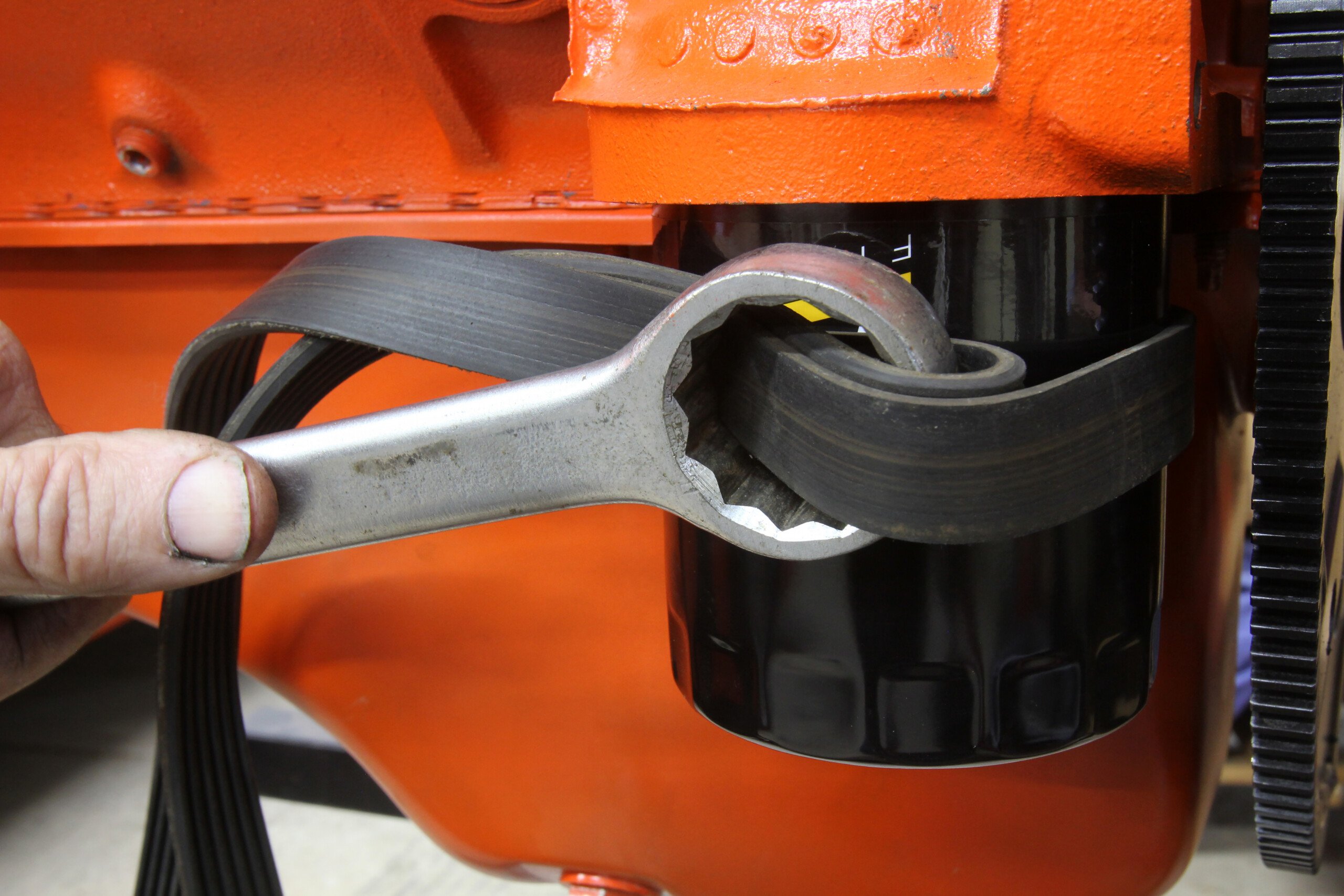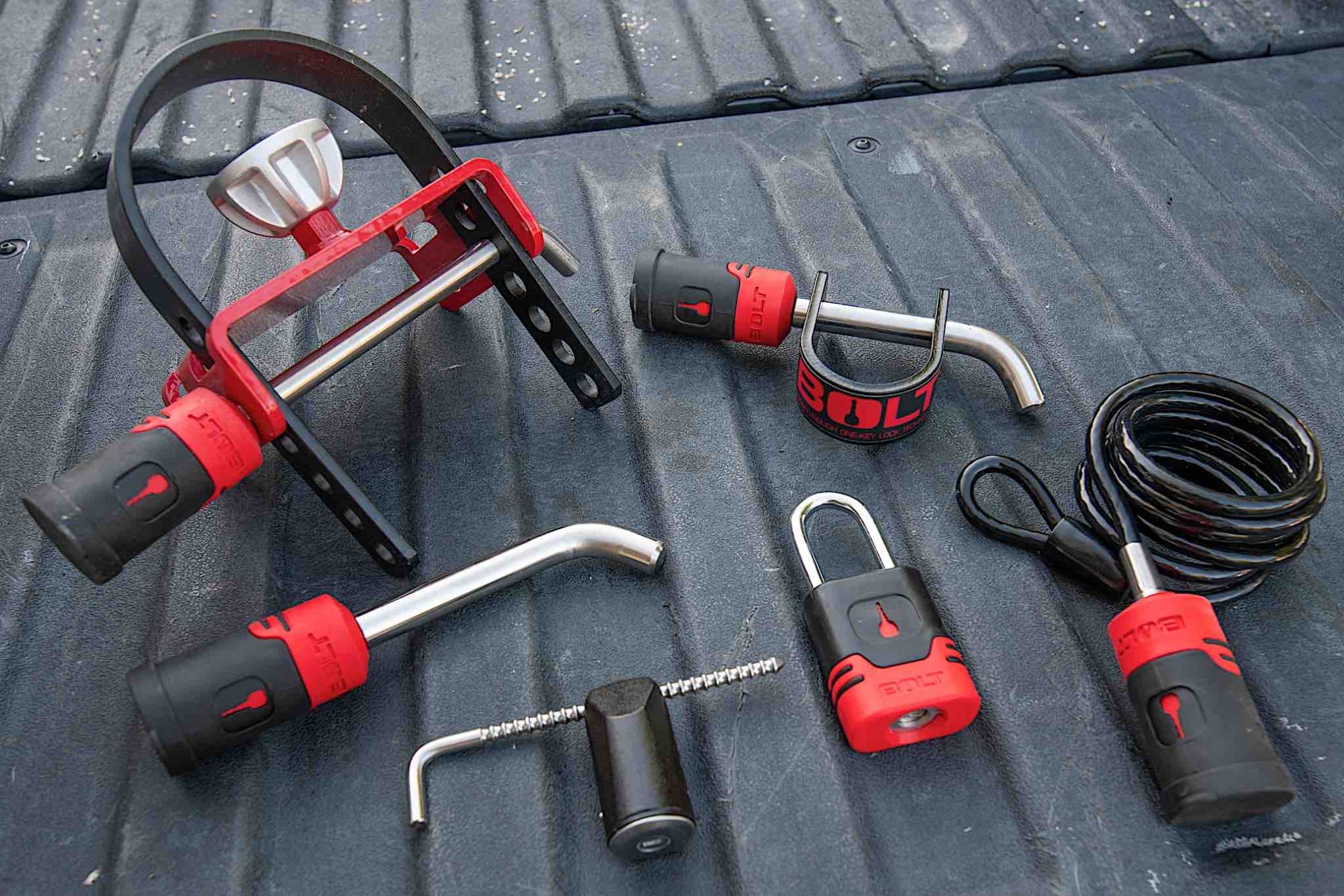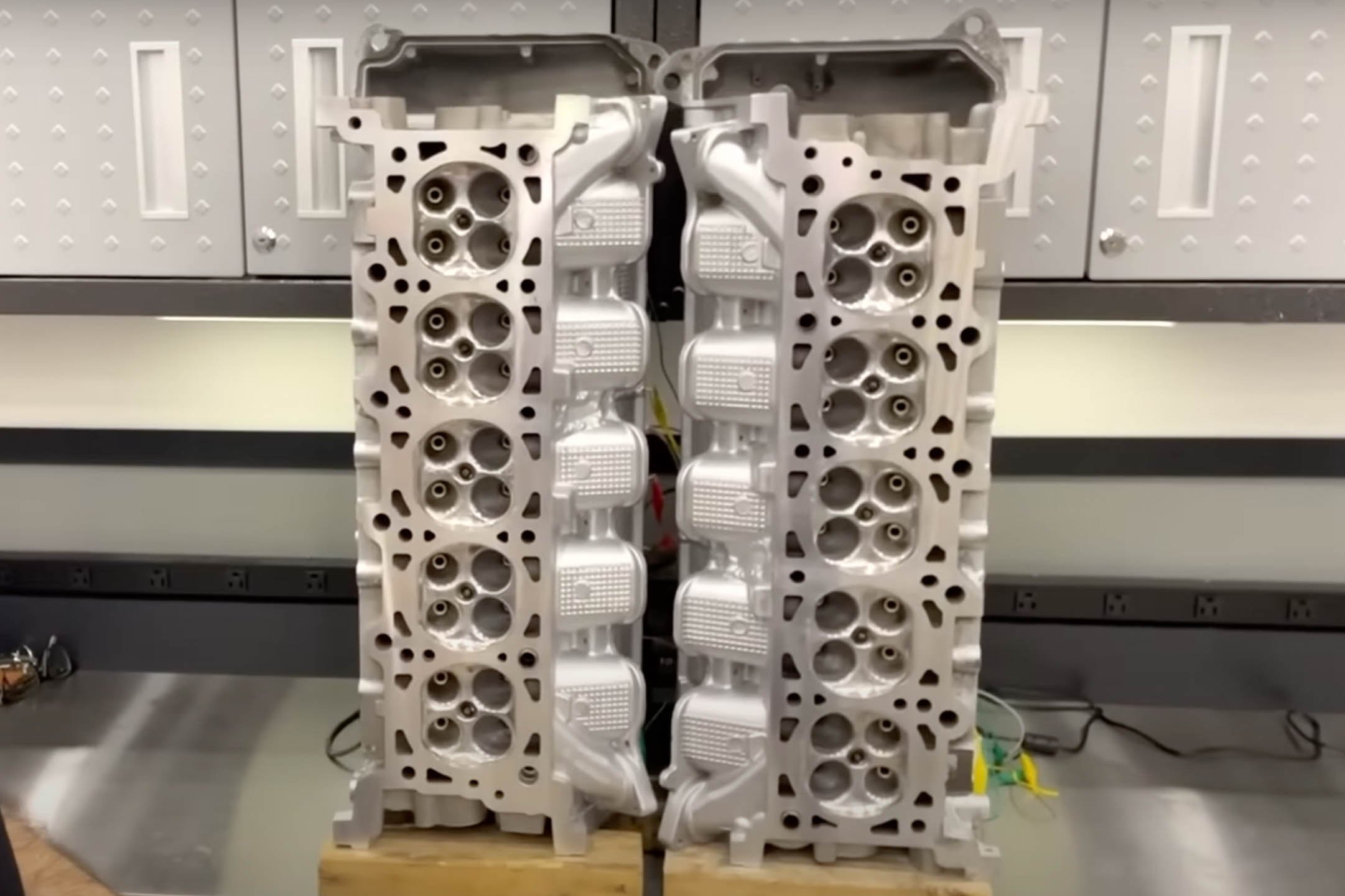The idiom of “putting the cart before the horse” could not have been more clearly demonstrated than when I decided to purchase a set of gauges for my son’s 1966 Mustang. While monitoring engine vitals is key to keeping a vehicle dependable, his 200 cubic-inch inline-six sits dormant in my garage, awaiting attention. So, why invest in gauges of all things? Well, as it’s his first car with two years remaining before he can drive without me yelling from the passenger seat, maintaining his interest poses a challenge. Promises alone can only go so far; therefore, visualizing what his cockpit will look like becomes one of the initial steps in the process.
Selecting The Gauges
While I have yet to introduce the ’66 Mustang to my Ford Muscle magazine readership, the overarching theme of this build will revolve around the journey of my 14-year-old, as he builds his first car. With the exception of the engine, as he’s already expressing interest in swaps that far surpass his driving abilities, the majority of the products will align with his ideas and his vision for the car. Like any father, I’m anticipating a mix of cringe-worthy moments and moments of pride, but letting him select the gauges marked a promising starting point.

Squeeze! Slight exertion is needed to ensure the precision fit gauges are fully seated, but once in place, they seamlessly blend with the gauge surround, appearing as though they were molded together. Pro tip: rotating the gauges while pulling the backside of the gauge seems to help facilitate the process. Still a scary process watching your son doing this.
Upon presenting him with Classic Dash’s three gauge surrounds and 25 different gauge options, he settled on a carbon-fiber surround coupled with a gauge choice that, in his opinion, mirrors an old-school aviation aesthetic — a current hyperfocus of his. Part of me hopes this initial decision not only sets the tone for the build, but also continues to shape the car according to his preferences and evolving interests.
More Than Just Gauges
Working from home has its perks, and I can certainly attest that one of them is not witnessing the multitude of Amazon packages my wife has delivered to our doorstep. However, the arrival of a neatly taped box proudly bearing the label “Classic Dash” proved to be a highlight of my day. I patiently awaited the conclusion of my son’s school day before unveiling the contents, eager to share in his excitement. Once he returned home and had a chance to unwind, we headed to the garage. There, I presented him with the carbon surround he had chosen and the new Veethree instruments gauges.

The Classic Dash kit comes with gauges, gauge surround, chassis and gauge wiring harnesses, GPS receiver, and all hardware needed for install.
Naturally, he was thrilled. The chrome rings on the gauges, combined with the black and brushed aluminum aesthetic, added a fantastic touch. What caught my eyes, however, was beneath the gauges. The gauge kit not only proved to be comprehensive, but also came with instructions that were straightforward. Simple enough for me to repeat; “read the manual,” when questions were asked, or if things got worse, mutter “RTFM” under my breath from across the garage. However, I’m confident that my rookie offspring can handle the installation without too much assistance.
Less Wiring, Less Worrying
I’ll be honest though, wiring has always been an area where I could use improvement, and I was hoping that trait was not genetic. I’m sure many of us recall at least one car in the high school parking lot emitting smoke from behind the dashboard after a botched stereo install. I’m hoping my son never has to undergo such an embarrassing event himself. Fortunately, we live in an era where motorsports electronics are becoming increasingly plug-and-play or, at the very least, simplified to the point where they don’t necessitate an electrician’s license or the expense of hiring someone to do the job correctly.
After a brief "come-to-Jesus" discussion emphasizing the importance of reading the instructions when doing any wiring, we made significant progress. The Classic Dash wiring harness was labeled and organized by individual gauge, resulting in an exceptionally straightforward and tidy installation.
The speedometer’s GPS unit is one of the simplest gauges in the set, featuring a direct connection from the GPS receiver to seamlessly transmit all data. While I might have considered tapping into the GPS receiver for live updates, with a straight-six engine up front, my concerns in that regard are not a priority at the moment.
Unlike previous gauge installations where I had to purchase all the wiring and run wires individually, including ground, wire, and signal to the gauges, Classic Dash has streamlined the process by providing two pre-assembled harnesses. One is dedicated to the gauge side, featuring wiring for each gauge using ring terminals, spades, or plastic connectors. The harness is zip-tied at the sheath to bundle each gauge’s wires with each other. Plugging into this harness is the vehicle-side harness, which connects to power, ground, and sending units. The pre-stripped ends offer the flexibility to pin the wires to a new connector or utilize the included spade or ring terminals. The kit even includes heat shrink, leaving me with no excuses for resorting to electrical tape.
Fitting For A First Timer
Part of me is relieved that my son didn’t have to grapple with the wiring challenges that once plagued a simple gauge installation. On the flip side, there’s a twinge of jealousy, considering I spent countless hours in my youth navigating wiring the hard way.
Although these gauges do not have their included sending units reporting data back, or power sent back to initiate a start sequence, what they do have is the ability to show a young mind just how his car will look when he gets in and out of it daily. With sufficient time behind the wheel, who knows — a new powerplant or forced induction might find its way under the hood, allowing him to fully utilize the tachometer and speedometer. Of course, we’ll keep that information away from mom.






















